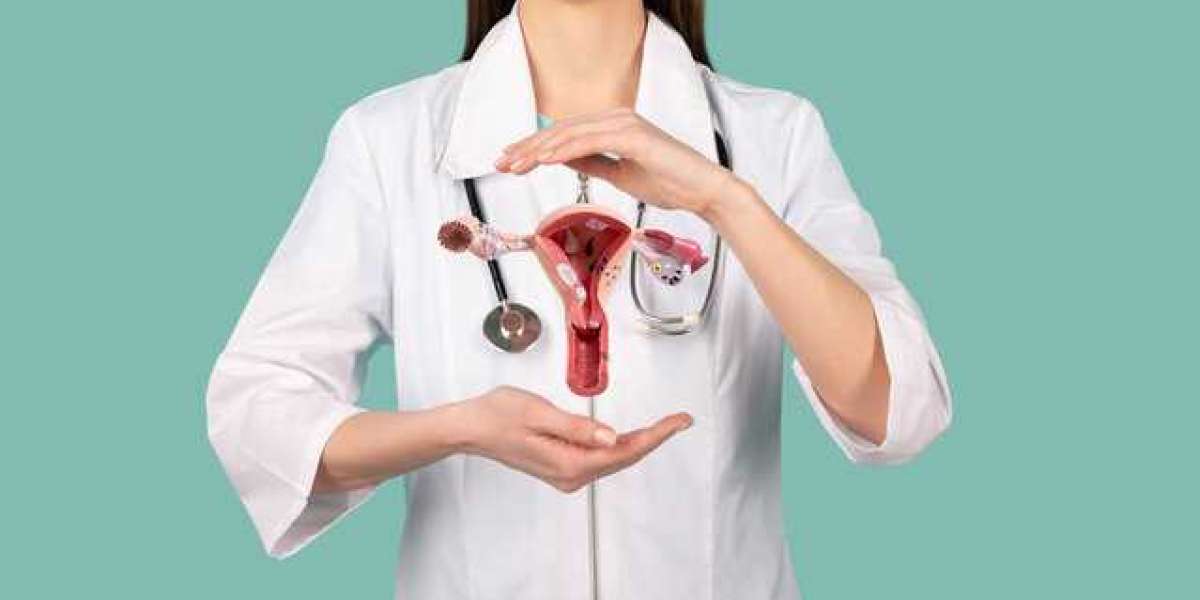In the fast-paced, modern lifestyle of Dubai, maintaining reproductive health can be a challenge—especially with dietary habits often influenced by convenience, stress, and cultural variation. General gynecology (أمراض النساء العامة )in Dubai often emphasizes the importance of nutrition when addressing fertility concerns, hormone imbalances, and menstrual irregularities. Fortunately, some smart dietary changes can make a meaningful difference.
Whether you're trying to conceive, manage polycystic ovary syndrome (PCOS), or simply want to optimize your reproductive well-being, your diet plays a crucial role. Let’s explore which foods to embrace and avoid to support reproductive health in the unique environment of Dubai.
Understanding the Link Between Diet and Reproductive Health:
Nutrition directly affects hormone regulation, ovulation, egg quality, and menstrual regularity. A balanced intake of vitamins, antioxidants, healthy fats, and essential minerals can support the body’s reproductive system and improve fertility outcomes.
In Dubai, factors like high heat, dehydration, and access to fast food can pose challenges to maintaining a hormone-friendly diet. That’s where a few key dietary tweaks can help.
Key Dietary Adjustments to Support Reproductive Wellness:
Increase Antioxidant-Rich Foods:
Antioxidants protect the body from oxidative stress, which can affect egg and sperm quality. Including foods rich in vitamins C and E, beta-carotene, and folate can enhance reproductive health. Recommended foods include:
Berries (blueberries, raspberries, strawberries)
Spinach and kale
Sweet potatoes
Nuts and seeds
These foods help fight inflammation and support a healthy reproductive system.
Focus on Plant-Based Proteins:
Switching some of your protein sources from animal to plant-based options may positively impact fertility. Lentils, chickpeas, quinoa, and tofu are excellent sources of protein and fiber. Plant-based diets have been shown to support ovulation and hormonal balance, particularly in women with conditions like PCOS.
Embrace Healthy Fats:
Not all fats are harmful. In fact, omega-3 fatty acids found in fatty fish (such as salmon and sardines), flaxseeds, and walnuts are essential for hormone production and regulation. These healthy fats can also reduce inflammation and improve blood flow to reproductive organs.
Avoid trans fats and highly processed oils commonly found in fried foods and baked goods, which may disrupt hormonal balance.
Limit Refined Sugars and Carbohydrates:
High sugar intake is linked to insulin resistance, which can impair ovulation and contribute to hormonal disorders. Opt for whole grains like oats, brown rice, and barley instead of white bread or sugary snacks. This helps maintain stable blood sugar levels, crucial for reproductive hormone stability.
Stay Hydrated:
With Dubai’s intense heat and frequent indoor air conditioning, dehydration is a common concern. Hydration is essential for cervical mucus production and hormonal transport. Aim to drink at least 2-3 liters of water daily, more if you’re physically active or outdoors often.
Ensure Adequate Iron and Vitamin D Intake:
Iron is vital for ovulation and menstruation. Leafy greens, lentils, lean meats, and iron-fortified cereals are great sources. Vitamin D deficiency is common in Dubai due to limited sun exposure despite its sunny climate. Consider vitamin D-rich foods like fortified dairy products, eggs, and mushrooms or discuss supplementation if needed.
Common Questions About Diet and Reproductive Health:
Can diet alone improve fertility?
While diet is not the sole factor in fertility, it significantly enhances the chances of regular ovulation, hormonal stability, and overall reproductive wellness. A balanced diet supports any medical treatments you may be undergoing.
Is a vegetarian diet suitable for reproductive health?
Yes, if well-planned. A vegetarian diet rich in protein, healthy fats, and iron can fully support reproductive function when combined with the right supplements if needed.
Should I avoid caffeine and alcohol?
Moderate caffeine intake (1-2 cups of coffee per day) is generally acceptable. However, reducing alcohol intake can improve hormonal balance and fertility outcomes.
Conclusion:
Making the right dietary adjustments can positively impact your reproductive health, especially when living in a climate like Dubai’s. Prioritizing antioxidant-rich foods, healthy fats, and plant-based proteins while limiting sugar and staying hydrated supports your body’s natural rhythms and fertility.
general gynecology (أمراض النساء العامة )n Dubai often incorporates nutrition as part of a comprehensive approach to women’s health. By embracing mindful eating habits, you’re not just nourishing your body—you’re investing in your future reproductive well-being.








